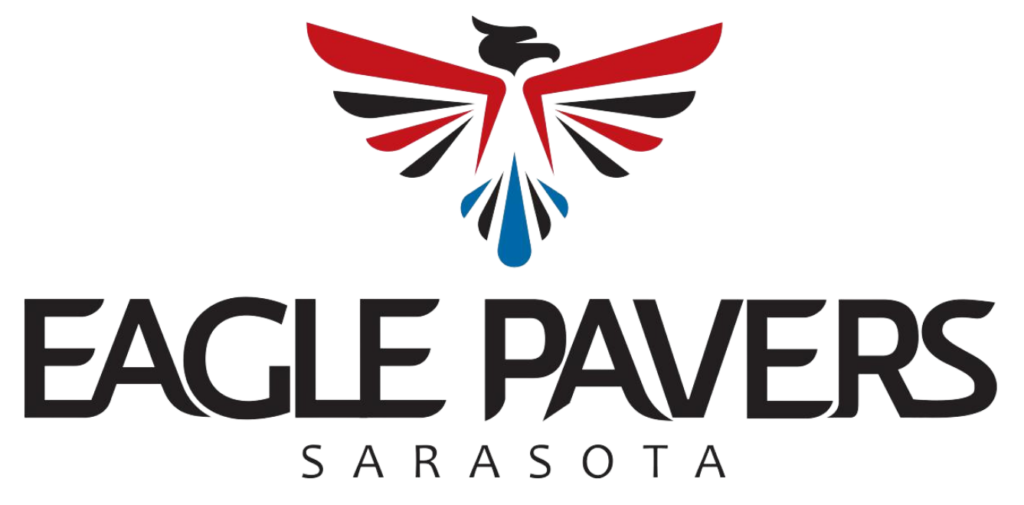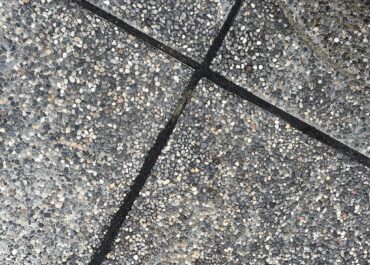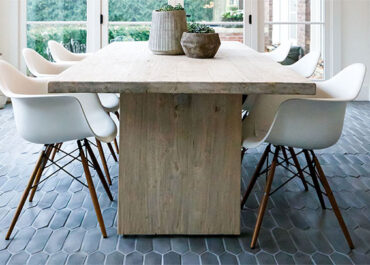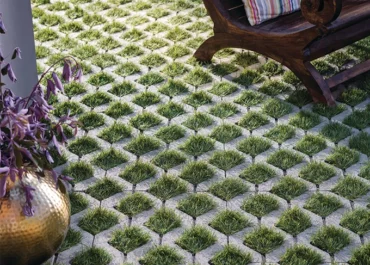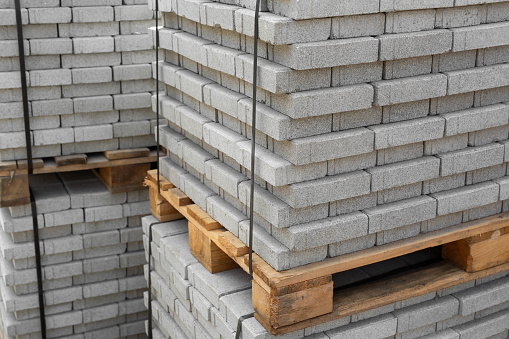
Pavers have a long history dating back thousands of years. Their popularity has fluctuated over time, influenced by various factors like available materials, construction techniques, and cultural preferences. In ancient times, civilizations used materials like stone, brick, and even packed earth to create paths and roads. Over time, pavers became more than practical pathways – they now integrate a whole aesthetic set that extends to interior walls, poolside applications, and kitchen backsplashes. Have paving prices kept up with market demand, then?
Well, we could affirm so. In this article, learn the main paving prices for 2024 – and what to expect from your next hardscape project.
Read as well: Paver Walkway – A Complete Guide
Paving prices in 2024 (paver edition)
Pavers gained popularity in different periods and cultures for their durability, aesthetics, and functional benefits. In the U.S., they offer diverse options in terms of design – embracing several colors, shapes, and patterns – making them a sought-after choice for driveways, patios, walkways, and many other landscaping projects. How do each material and labor costs associated with its installation hold up today?
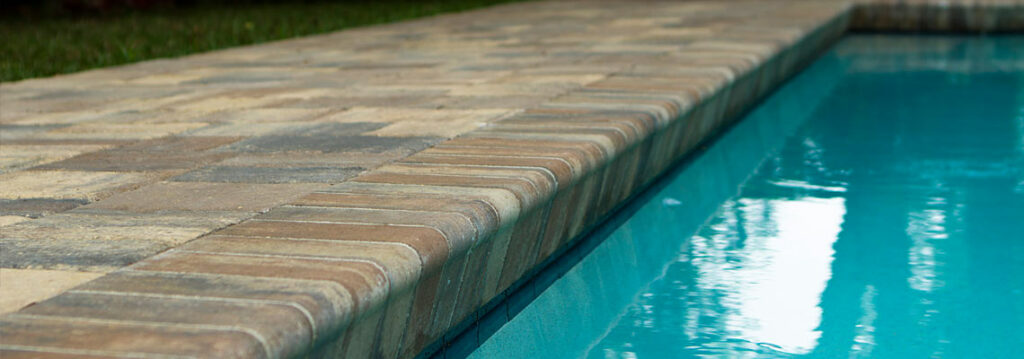
That’s what we’re going to see below. The following list presents a plethora of material options and meticulous considerations that go into hardscape design – so keep those in mind before choosing the ideal product for your purpose.
The essential labor costs involved
First of all, paving prices in the U.S. can vary significantly based on several factors. Labor costs are often quoted on a per-square-foot basis or as a lump sum for the entire project. Therefore, it’s essential to obtain multiple quotes from local contractors – considering the required experience, reputation, and the specifics of your project – and get a clearer idea of the costs involved. Always ensure that any contractor you hire is licensed, insured, and experienced in the type of paving work you desire
Check out the main factors that play into the equation:
- Project Size: Larger projects might have lower per-square-foot labor costs due to economies of scale, while smaller projects can have relatively higher costs.
- Site Preparation: If extensive groundwork is needed, such as excavation, leveling, or removal of existing materials, it can increase labor expenses.
- Paver Material: Different materials require varying installation techniques, affecting the time and expertise needed. For instance, laying natural stone might take longer and require more skill compared to installing concrete pavers.
- Complexity of Design: Elaborate designs, intricate patterns, or customized layouts can increase labor costs as they demand more time and precision.
- Access and Location: Accessibility to the site and location logistics can affect labor costs. Difficult-to-reach areas might require more effort, impacting labor expenses.
- Contractor Expertise: Experienced and reputable contractors might charge higher rates for their expertise and quality of work.
- Season and Demand: Labor costs might fluctuate based on seasonal demand. Contractors may charge differently during peak seasons compared to off-peak times.
- Location: Prices can differ based on the region due to variations in material availability, local labor costs, and demand.
Porcelain pavers
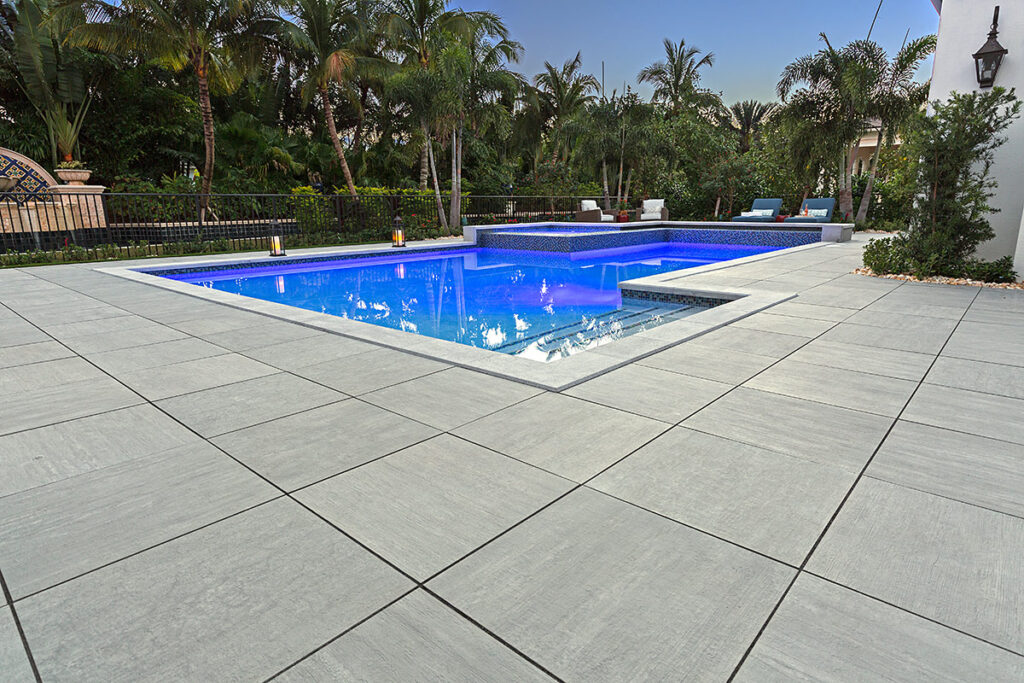
Porcelain pavers are a high-end option that has gained popularity in outdoor paving due to their durability, low maintenance, and aesthetic appeal. The cost of porcelain pavers can vary based on several factors similar to other paving materials:
- Porcelain pavers come in various qualities and finishes, affecting their price. Higher-quality porcelain with specific finishes or patterns might cost more.
- Larger or thicker porcelain pavers may be more expensive due to the materials and manufacturing processes involved.
- Unique designs, textures, or finishes might raise the cost compared to standard options.
- Labor costs for installing porcelain pavers can vary depending on the site’s condition, the need for additional preparation, and the intricacy of the installation.
Porcelain pavers generally range from $5 to $25 per square foot. However, prices can go beyond this range for specialized or premium options.
Brick pavers
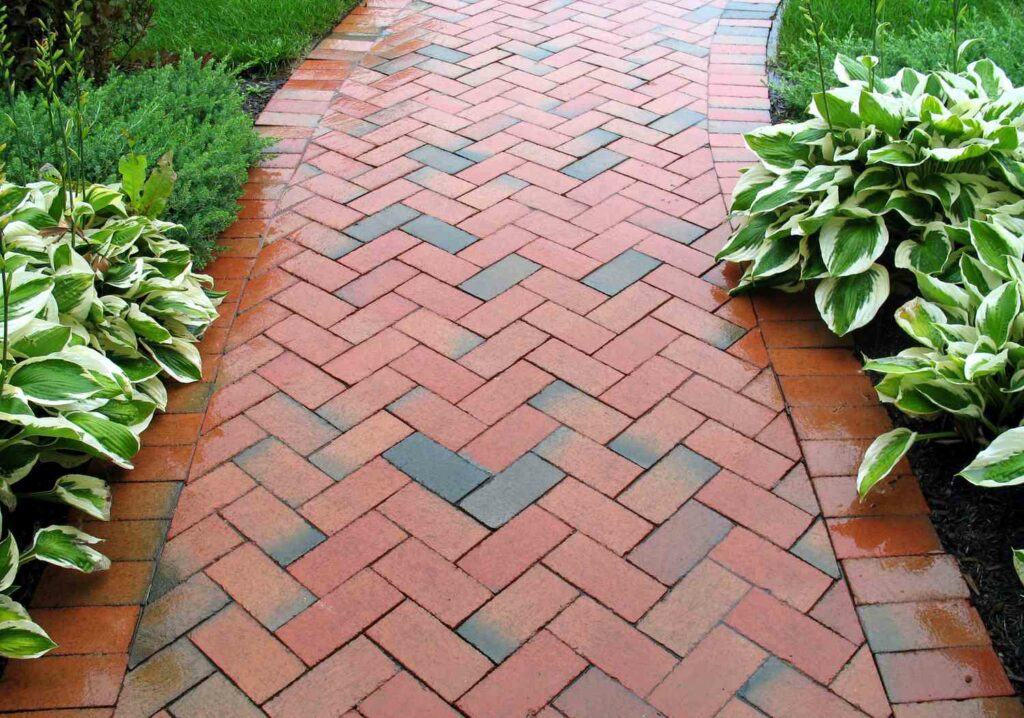
Brick pavers are a popular choice for outdoor paving due to their classic appeal, durability, and versatility. The cost of brick pavers can fluctuate based on several factors:
- Different types of bricks are available, such as clay bricks or concrete bricks. Clay bricks are typically more expensive due to the manufacturing process and their natural appeal.
- Specialty or designer bricks, unique colors, textures, or finishes may come at a higher cost compared to standard options.
- Larger or thicker bricks can be more expensive due to the materials and manufacturing processes involved.
- Labor costs can vary based on factors such as site preparation, design intricacy, and the need for skilled labor.
Brick pavers range roughly from $4 to $15 per square foot, though prices may vary based on the factors mentioned above and the specific region.
Concrete pavers
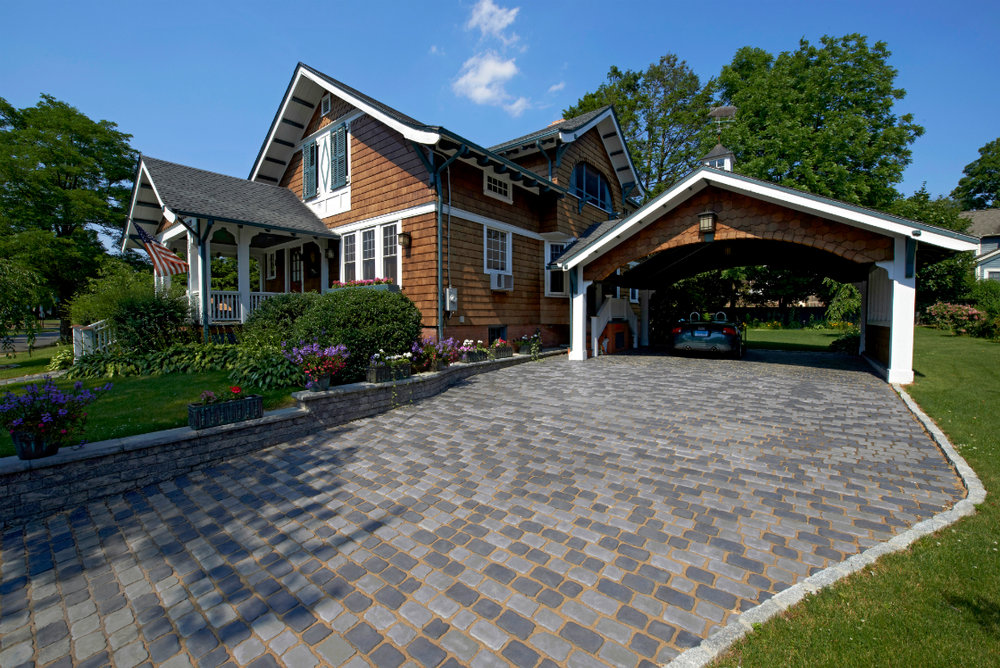
Concrete pavers are a versatile and cost-effective option for outdoor paving. Their cost can vary due to several factors:
- Concrete pavers come in various types – including basic, mid-range, and premium quality. Premium options might have unique designs, textures, or finishes, which can increase the cost.
- Larger or thicker concrete pavers may cost more due to the materials and manufacturing processes involved.
- Intricate designs, patterns, or specialized finishes might raise the cost compared to standard options.
- Certain colors or custom color options might be priced differently.
- Installation expenses can vary based on the complexity of the job, site preparation, and the expertise of the labor involved.
Concrete pavers range from $3 to $10 per square foot, effectively being one of the cheapest options you can find, but cost-beneficial nonetheless. This price range can fluctuate based on the aforementioned factors and your specific location.
Travertine Pavers
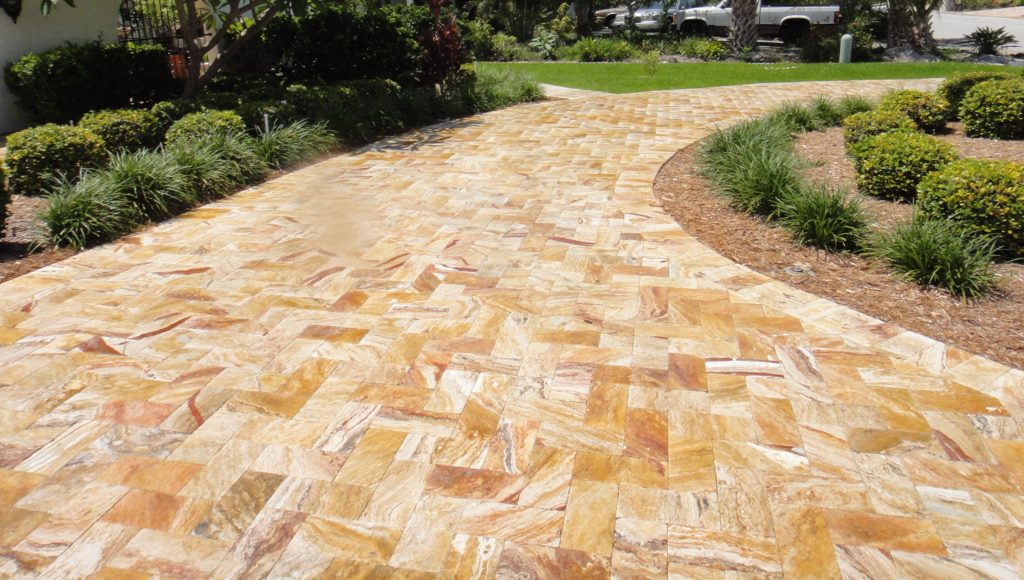
Natural stones like travertine are luxurious and highly sought after for outdoor paving due to their elegance and durability. However, due to the same reason, they tend to be more expensive compared to other paving options. Here are some factors influencing the cost of travertine and similar natural stones:
- The quality and grade of the stone significantly impact the cost. Higher-grade travertine, which is more uniform in color and has fewer imperfections, tends to be more expensive.
- Larger or thicker travertine pavers may cost more due to the material and labor required. Additionally, certain finishes like polished or tumbled surfaces might affect the price.
- Travertine from specific quarries or regions might be more expensive due to transportation costs or its rarity.
- Labor costs can vary based on factors such as site preparation, intricacy of the installation, and the need for skilled labor familiar with working with natural stones.
Travertine pavers typically range from $15 to $30 per square foot. However, prices can exceed this range for premium or specialized options.
Eagle Pavers is ready to make your dream hardscape project come true
As a branch of Eagle Stones, our team specializes in paver supply and installation around the county of Sarasota and Manatee, Florida. In case you’re near us, don’t hesitate to give us a call so we can get started on your project with a free estimate!
Click here to view the full online catalog – we’ll be waiting for you to reach out and get the perfect pavers for your project, regardless of the material chosen.
